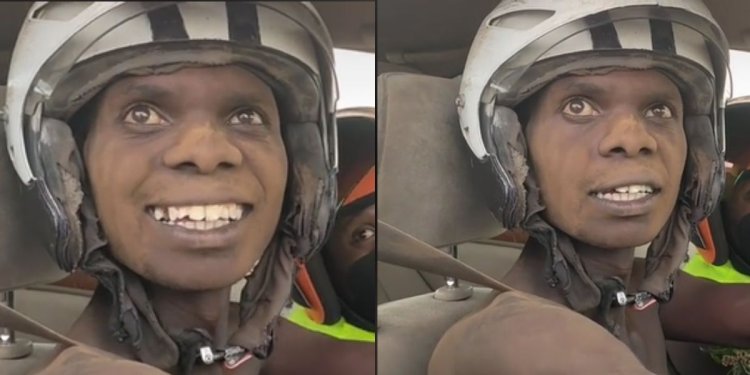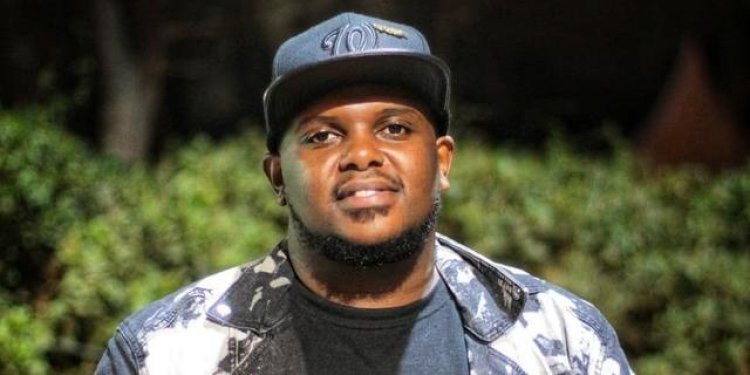Govt Warns Kenyans Against Using Memes Without Owner's Permission
A meme is an image, video or text used in social media for humorous or political banter and illustrative of a line of thought on a topic under discussion.

Kenyans have been warned against creating memes from copyrighted content, including the Arap Marindich and Tula Chemoget meme that went viral this week.
The Kenya Copyright Board (KECOBO) on Friday, August 5 noted that the memes, derived from their imitation of an interview involving drivers who participated in the 2022 World Rally Championship (WRC) Safari Rally in Naivasha County, were used by individuals and corporates, thus raising significant copyright concerns.
A meme is an image, video or text used in social media for humorous or political banter and illustrative of a line of thought on a topic under discussion. Memes are in most cases static images created from a photograph, illustration, text, or video that is protected by copyright.
@tulachemoget TULICHUKUA NUMBER 21 ???? Driver - Tula Chemoget C4986Navigator - Marindich M2146#wrcsafarirally2022#kalenjincomedy #kalenjintiktokers #kalenjintiktok ♬ original sound - tulachemoget
KECOBO noted that a copyright holder has the exclusive rights to copy, reproduce, make adaptations, publish and broadcast their work for a fixed period as established under the Copyright Act.
"Therefore, a meme generated without the authority of the Copyright owner is an infringement on their copyright particularly the exclusive rights to reproduce, copy, adapt and publish since the original photograph or video undergoes some alteration and incorporation of a text," KECOBO explained.
"While the use of memes in social media is tolerated, its creation and use for commercial purposes can attract significant civil liability and must be cleared from the authors."
KECOBO through Executive Director Edward Sigei added that in most cases, content used in generating memes may be in the public domain or released under a creative commons license.
It therefore urged corporate bodies to consider conducting due diligence on the status of photographs or videos before being tempted to join the fun.
The warning comes after the meme, which was a viral topic in Kenya, began spreading across the world in just one day.
The comedians were used as memes many times within the Kenyan territory but their antics spread to countries such as Zambia, Uganda and Italy. A Zambian news outlet had picked up the meme in sharing photos of the celebration by Chloe Kelly after scoring the winning goal for England in the Euro 2022 women's final.
KECOBO receives copyright complaints and conducts investigations before raiding and confiscating the infringing copies. The matter is prosecuted in court and when it is determined, the board destroys the material in line with court orders.
One such case of copyright infringement saw legendary rapper Hubert Mbuku Nakitare, alias Nonini sue content creator and influencer Brian Mutinda and a multinational electronics company over infringement of copyright.
The Manzi wa Nairobi hitmaker, through his lawyer, accused the social media influencer of publishing a short video meant to market one of the products of the company on his Instagram page and using one of his songs, We Kamu, which he argued were used without his permission.







